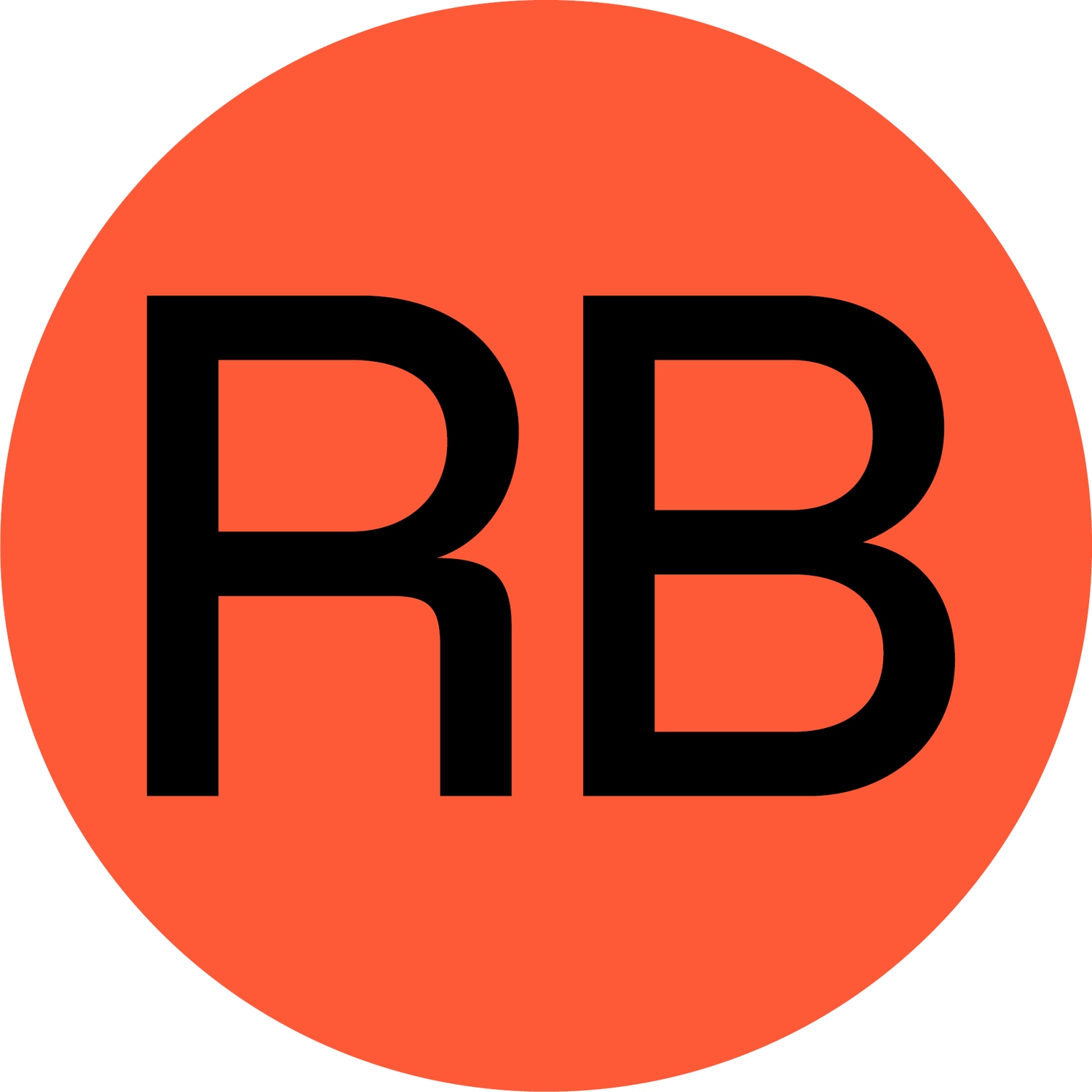 Image 1 of 1
Image 1 of 1


Havana Year Zero - Karla Suárez - Traducción - Christina MacSweeney
WINNER Carbet de la Caraïbe et du Tout-monde (2012)
WINNER Insular Book Award (France, 2012)
It was as if we’d reached the minimum critical point of a mathematical curve. Imagine a parabola. Zero point down, at the bottom of an abyss. That’s how low we sank.
The year is 1993. Cuba is at the height of the Special Period, a widespread economic crisis following the collapse of the Soviet bloc.
For Julia, a mathematics lecturer who hates teaching, Havana is at Year Zero: the lowest possible point, going nowhere. Desperate to seize control of her life, Julia teams up with her colleague and former lover, Euclid, to seek out a document that proves the telephone was invented by Antonio Meucci in Havana, convinced it is the answer to secure their reputations and give Cuba a purpose once more.
From this point zero, Julia sets out on an investigation to befriend two men who could help lead to the document’s whereabouts, and must pick apart a tangled mystery of sex, family legacies and the intricacies of how people find ways to survive in a country at its lowest ebb.
‘An impressive novel’, Le Figaro Littéraire (France)
‘The Name of The Rose is set in Cuba and is now called Havana Year Zero (…) A masterpiece’, Marie Claire (France)
WINNER Carbet de la Caraïbe et du Tout-monde (2012)
WINNER Insular Book Award (France, 2012)
It was as if we’d reached the minimum critical point of a mathematical curve. Imagine a parabola. Zero point down, at the bottom of an abyss. That’s how low we sank.
The year is 1993. Cuba is at the height of the Special Period, a widespread economic crisis following the collapse of the Soviet bloc.
For Julia, a mathematics lecturer who hates teaching, Havana is at Year Zero: the lowest possible point, going nowhere. Desperate to seize control of her life, Julia teams up with her colleague and former lover, Euclid, to seek out a document that proves the telephone was invented by Antonio Meucci in Havana, convinced it is the answer to secure their reputations and give Cuba a purpose once more.
From this point zero, Julia sets out on an investigation to befriend two men who could help lead to the document’s whereabouts, and must pick apart a tangled mystery of sex, family legacies and the intricacies of how people find ways to survive in a country at its lowest ebb.
‘An impressive novel’, Le Figaro Littéraire (France)
‘The Name of The Rose is set in Cuba and is now called Havana Year Zero (…) A masterpiece’, Marie Claire (France)
